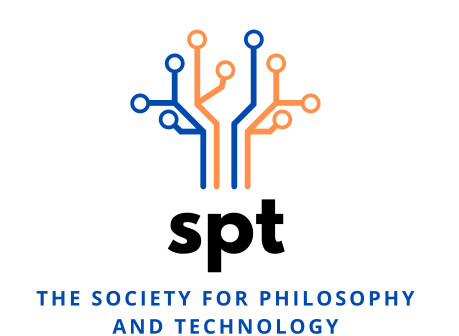Global Support to Philosophy of Technology
Chairs: Judith Sutz, Universidad de le República, Uruguay; jsutz@csic.edu.uy Pieter Vermaas, TU Delft, the Netherlands; p.e.vermaas@tudelft.nl
Goal: To arrive at recommendations to the SPT Executive Board for improving the support SPT can give to the development of philosophy of technology in regions outside it traditional strongholds.
Format: A task group that (1) reaches out globally to philosophers of technology, specifically Latin America, Africa and parts of Asia, (2) collects information how philosophers of technology can be supported in their work and organisation, and (3) formulates recommendations to the SPT Executive Board about how it can support this development of the field.
Period: January 2024 – March 2025
Contact: Judith Sutz, Universidad de le República, Uruguay; jsutz@csic.edu.uy Pieter Vermaas, TU Delft, the Netherlands; p.e.vermaas@tudelft.nl
Description: SPT is successful in developing the field of philosophy of technology internationally, leading to strong collaborating communities in regions such as North America, parts of Europe and parts of Asia. Philosophy of technology flourishes also in regions outside these traditional strongholds, and it is SPT’s broadly felt intention to widen its support globally and foster interconnections between all philosophers of technology.
For acting on this intention the Global Support SIG will create a task group of about six to eight people from over the world, to reach out to philosophers of technology worldwide to collect information about how the field can be supported globally, and to arrive at recommendations to the SPT Executive Board about how to achieve this goal. For underlining the commitment of SPT, Pieter Vermaas (past president of the SPT) and Robert Rosenberger (current president of the SPT) will join the taskforce.
The SIG will initially focus on three topics in its search how SPT can support strong collaborative communities of philosophy of technology globally: (1) research on the ethics of technologies, (2) research on equality in access to and benefits of technologies, and (3) education in engineering. The global consultation may lead to adding topics or adjusting topics.
